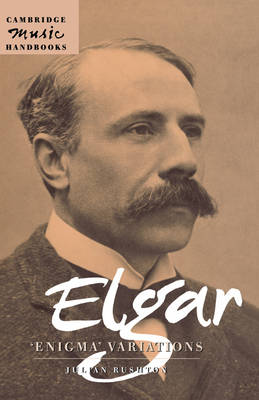Cambridge Music Handbooks
2 total works
Elgar's Variations for Orchestra, commonly known as the 'Enigma' Variations, marked an epoch both in his career, and in the renaissance of English music at the turn of the century. First performed in 1899 under Hans Richter, the work became his passport to national fame and international success. From the first it intrigued listeners to know why it was called 'enigma', and who were the 'friends pictured within', to whom the work is dedicated. Appearing in the centenary year of the work's composition, this book elucidates what is known, and what has been said about the work and the enigma, and directs future listeners to what matters most: the inspired qualities of the music.
Berlioz's 'dramatic symphony' Romeo et Juliette is regarded by many as his finest work; it is certainly among the most original. It is played less often than his earlier symphonies, because it requires solo voices and chorus; yet at its heart is some of the most inspired orchestral music of the nineteenth century. This book summarises the complex genesis of the work before examining the music closely and always with a view to understanding its dramatic implications. The early and later critical reception is quoted and discussed and Julian Rushton concludes by suggesting a way of hearing the work which recognises the value of its mixed genre. The complete libretto is provided in both English and French.

